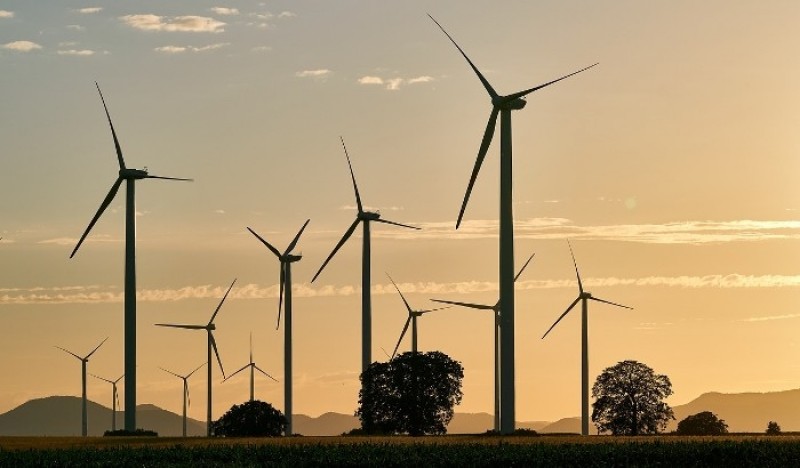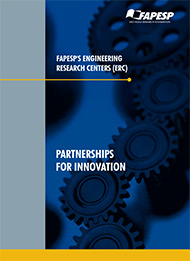RCGI joins international consortium to coordinate collaboration on zero-carbon initia

20 de março de 2024
Agência FAPESP * – The Research Center for Greenhouse Gas Innovation (RCGI), an Engineering Research Center (ERC) created by FAPESP and Shell and based at the University of São Paulo (Brazil), is one of the members of the Technology Without Borders (TWB) consortium, along with five other research centers from Africa, Australia, the Netherlands, Japan and the United Kingdom. The initiative was launched during the 2023 United Nations Climate Change Conference (COP28) in Dubai on December 5.
Led by Scotland’s Net Zero Technology Centre (NZTC), the consortium is a hub for enabling zero-carbon collaborations, both among researchers and in terms of funding, between developed and developing countries. The expectation is to connect technology centers and industry to accelerate the energy transition and meet the energy demands of developing countries while incorporating zero-carbon initiatives, according to information from the RCGI Communications Office.
The initiative envisages the creation of a Global Technology Hub that will be funded by international and local industry with the aim of identifying projects with the greatest impact on decarbonization and the adaptations needed to implement them. The work will include securing the support of local and national governments, identifying national and international sources of public and private funding, and initial analysis of the projects. Subject to securing funding, each partner in the initiative will work in collaboration with the developing country to identify technology and innovation opportunities, provide its technology experts to support the program, and actively participate in feasibility studies and field tests, among other activities.
The RCGI has been a partner of the NZTC since August 2021, when researchers from the Center and nine other institutions participated in a series of preparatory workshops for the Global Summit – a parallel event to COP26 that was held in November of that year in Glasgow. The goal was to align the skills of each participating center to produce a report identifying the priority technologies that could be deployed at scale to decarbonize the oil and gas sector at the global level.
Throughout 2022, RCGI researchers actively participated in drafting the document, taking into account the Brazilian reality. “Closing the Gap: A Global Perspective” was presented at COP27 in Egypt. It outlines the global priorities for innovation in traditional hydrocarbon basins, including blue and green hydrogen, offshore wind energy, oil and gas electrification, digital transformation technologies, and carbon capture and storage, to meet the Paris Agreement emissions targets and create integrated net zero carbon energy systems.
During COP28, the RCGI was represented by the center’s scientific director, Julio Meneghini, and the scientists Paulo Artaxo, Carlos Eduardo Cerri, Marcos Buckeridge and Suani T. Coelho. They are all part of the USP delegation at the event, which also included other USP professors, such as Patricia Iglecias, Fernanda Brando, Tamara Gomes and Tadeu Malheiros.
* With information from the RCGI Communications Office.
Photo: Markus Distelrath/Pixabay



